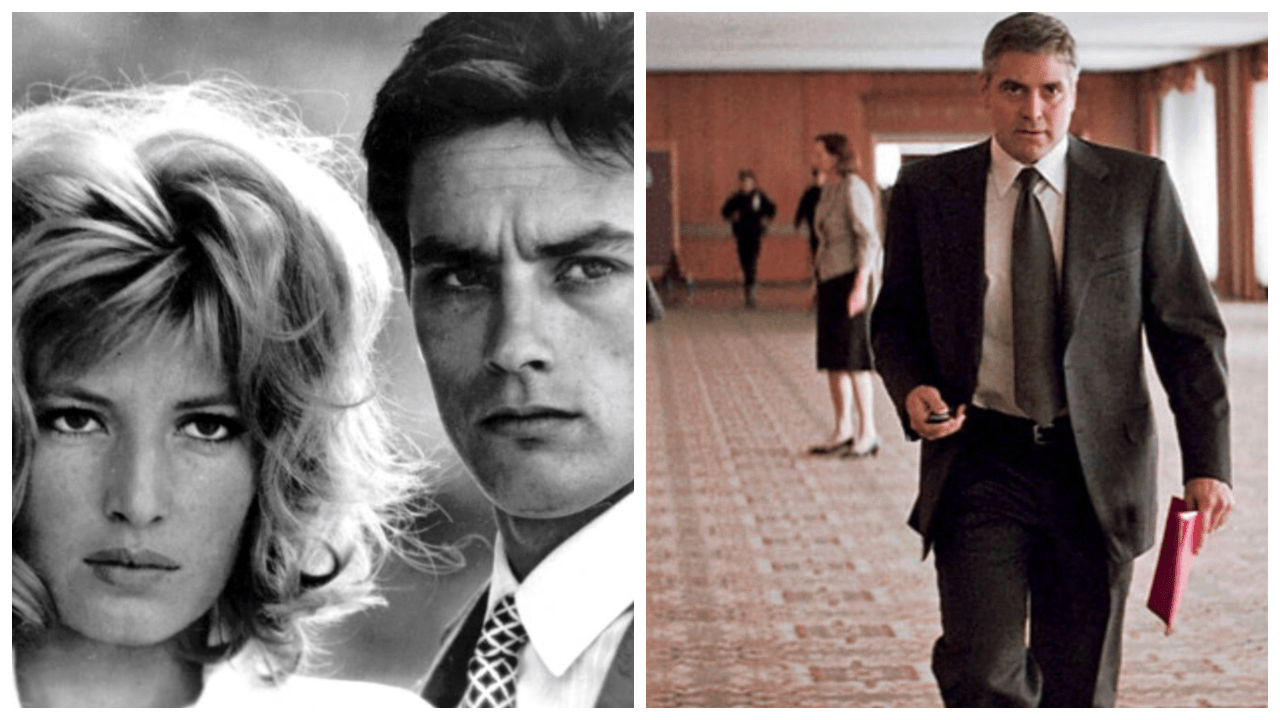Welcome back to The Flyover, your daily digest of important, overlooked, and/or interesting Minnesota news stories.
O'Hara Outlines Bold, Detailed, Purposeful Vision for Future of Policing. JK!
Late last year Minneapolis Police Chief Brian O'Hara was invited to participate in a Harper's Magazine-moderated roundtable discussion with Newark, New Jersey, Mayor Ras Baraka and a collection of authors and professors. Their stated aim? Answering whether American policing can be fixed, broadly, and specifically to parse out what we've learned in the four years since ex-officer Derek Chauvin murdered George Floyd in Minneapolis. The chief's comments were published in this month's issue, and locals are already dissecting what our top cop had to say.
Early in the conversation O'Hara struck a defensive tone, complaining about how his officers hear a constant refrain of "'you are a racist'" (where would people get that idea?) and stating, "You have wealthier residents on the other side of town who are still screaming to get rid of us, even though the most that happens in their neighborhoods is change getting stolen out of their cars." As Nick Halter of Axios Twin Cities points out, O'Hara's assertion that a majority of his critics are disconnected blue-blood residents from the so-called "Golden Crescent" of Minneapolis—the mostly white, affluent stretch from the southwest corner, up through the lakes, and into downtown—is false based on how neighborhoods voted on the 2021 police charter amendment. For a much more nuanced understanding of how north Minneapolis views policing, revisit this '21 Strib exploration from reporters Andy Mannix and Jeff Hargarten that highlights the voices of actual North Siders.
The other big talker came when O'Hara, reflecting on how his non-defunded department now has 40% fewer cops, admitted and/or threatened, "We might soon be in a situation where we’re just not going to investigate property crimes anymore." (The results couldn't be much worse: MPD currently clears about 5% of reported property crimes.) Fellow panelist Christy E. Lopez pushed back, asking O'Hara, "You’re saying that Minneapolis is having to make do with far fewer officers. But homicides are actually down from last year. How do you make sense of that?" The chief quickly took credit for the murder dip—which mirrors a "historic" nationwide downturn, it should be noted—but added that current staffing levels are "not sustainable," thus not really answering a worthwhile question. If you'd like to isolate O'Hara quotes while sparing yourself CTRL-F scanning, the Strib consolidated everything he told Harper's here.
Talkin' P4K
As part of our ongoing effort to localize the demise of Pitchfork, we present you this new Slate oral history of the Minnesota-launched music website. (Founder Ryan Schreiber didn't respond to multiple Racket interview requests after Pitchfork's parent company, Conde Nast, announced the gutting and consolidation of the site earlier this year.) The massive oral history is short on early Twin Cities-era lore, reduced to pretty much just this bit from Schreiber:
It started in my bedroom. I had just graduated from high school and was living at home. This was in a little town called Victoria, Minnesota, about 5 miles down the road from Prince’s studio, Paisley Park. I’d been reading tons of music magazines and was obsessed with music and music journalism. A friend of mine, he was super tech savvy, he introduced me to the web. I would go over to his place and he’d pull up the internet. He’d prompt me for search queries, and I started rattling off every band I could think of.
Things get juicier later on, living up to Schreiber's online hyping of the story as a documentation of, "The indie bible's rise & fall from its goofball origins & buzz-building heydey [sic] to its eventual corporatization and—well, whatever it is now. 40 interviews, 12,000 words, 0.0 fucks." How shitty to women and elitist was Pitchfork? Did the site make a deadly poptimism pivot? How dead, exactly, is the hollowed-out institution today? That's all covered at great length from a diverse cast of sources, and I recommend diving into the piece that has, predictably, already become a lightning rod for takes. (To further juice the local angles, here's a scathing reaction from locally launched writer/critic Jessica Hopper, who declined to speak with Slate.) Me? I'm a Pitchfork apologist, so I'll leave you with this quote from frequent contributor Jayson Greene:
"It was always, and only ever, a bunch of nerds writing essays about records. It was that before it became famous. And it was that after it became famous. It was only ever that, and those are the people who still come to Pitchfork, but I guess it wasn’t enough."
Boomshakalaka, Mr. Edwards
What else is there to say about the Anthony Edwards dunk from last night's Timberwolves 114-104 victory over the Utah Jazz? It's the buzz of the NBA watercooler, though perhaps the best reaction came in real-time from teammate Kyle Anderson. Go ahead and watch the monster dunk in question three or four times...
ANTHONY EDWARDS OMG 😱🤯 pic.twitter.com/AJP27GCkxG
— Bleacher Report (@BleacherReport) March 19, 2024
"I was thinking I was going to miss it because I wasn't close to the rim, but somehow God willed it in for me," Edwards, who scored 32 points, said after the game. "It gives me chills, man, because I always dreamed of dunking on somebody like that."
Nice assist, Heavenly Father! Ant is earning high praise from some of game's all-time greats, like Magic Johnson via Twitter.
"Anthony Edwards is the greatest in-game dunker in the NBA today and one of the most exciting and electrifying players because of his athleticism!" Magic wrote this morning. "His dunk reminds me of the best in-game dunkers I played against—Dr. J, Michael Jordan, and Dominique Wilkins!"
In less objectively fun Timberwolves news: The much-delayed sale of the team from local billionaire Glen Taylor to non-local rich guys Alex Rodriguez and Marc Lore keeps hitting major financing snags—this thing gonna happen? "Final payment is due at month's end. Scramble is on," writes Axios reporter Dan Primack.
The Last of the Vacuum Men
We're suckers for two things around these parts: Wistful profiles of antiquated businesses and railing against the horrors of planned obsolescence. So you can imagine our delight when we came across the latest installment of KSTP's "So Minnesota" series: a conversation with Russ Battisto, reportedly the owner of one of the last vacuum repair shops in the state. (Hard to argue with the story's matter-of-fact lede: "Nearly all of us have a vacuum in our homes to keep our floors clean.") In it, reporter Joe Mazan visits A-1 Vacuum Cleaner Company in Roseville, where Battisto regales him with tales of the glory days of vacuums, before offering a dire predication for the future: “Going to be a bunch of robots cleaning for you, that would be my guess.” For much more on the odd and delightful culture of vacuum enthusiasts, I encourage you to watch "How to Watch the Game," a whirlwind season 3 episode of the incomparable HBO program How To with John Wilson.






